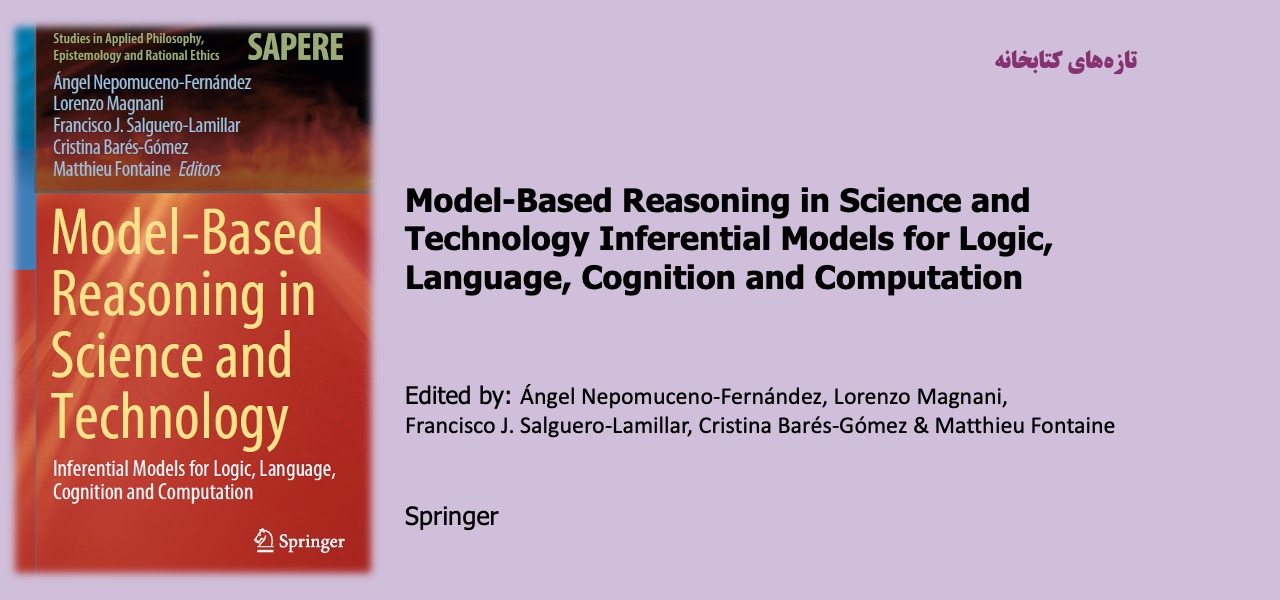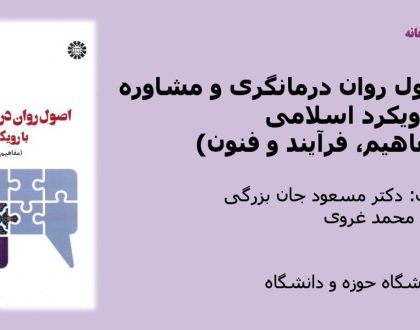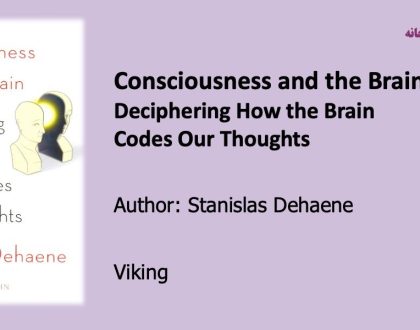Model-Based Reasoning in Science and Technology Inferential Models for Logic, Language, Cognition and Computation

According to one influential view, model-building in science is primarily a matter of simplifying theoretical descriptions of real-world target systems using abstraction and idealization. This view, however, does not adequately capture all types of models. Many contemporary models in the natural and social sciences – from physics to biology to economics – stand in a more tenuous relationship with real-world target systems and have a decidedly stipulative element, in that they create, by fiat, ‘model worlds’ that operate according to some set of specified rules. While such models may be motivated by an interest in actual target phenomena, their validity is not – at least not primarily – to be judged by whether they constitute an empirically adequate representation of any particular empirical system. The present paper compares and contrasts three such types of models: minimal models, toy models, and exploratory models. All three share some characteristics and thus overlap in interesting ways, yet they also exhibit significant differences. It is argued that, in all three cases, modal considerations have an important role to play: by exploring the modal structure of theories and phenomena – that is, by probing possibilities in various ways – such models deepen our understanding and help us gain knowledge not only about what there is in the world, but also about what there could be.
مطالب مرتبط

اصول روان درمانگری و مشاوره با رویکرد اسلامی (مفاهیم، فرآیند و فنون)
۲۶ / بهمن / ۱۴۰۳

آموزش مهارت نوشتن از منظر شناختی
۲۶ / بهمن / ۱۴۰۳


